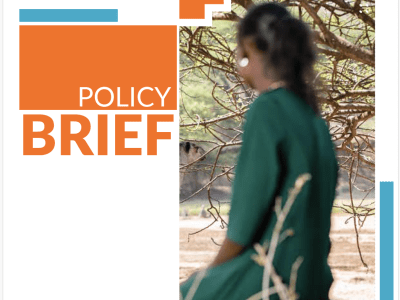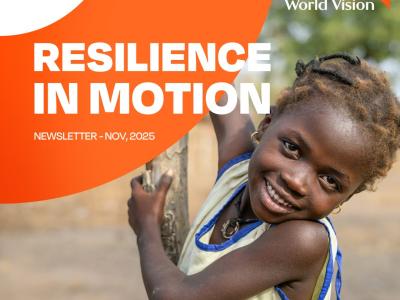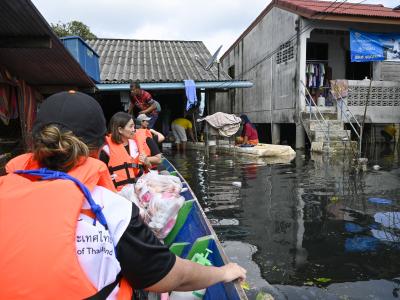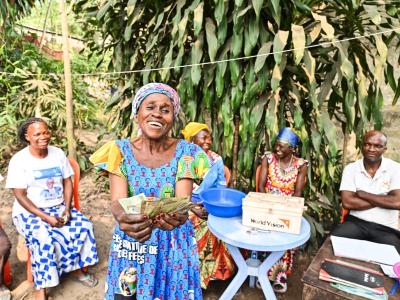publication / February 4, 2026
East Africa Region Policy Brief on Ending Female Genital Mutilation (FGM) 2023
World Vision is influencing the adoption and implementation of policies relating to FGM in Kenya, Sudan, Somalia and Sudan. The policy brief highlights strategic policy recommendations targeting national governments, regional institutions donors faith and community leaders.
publication / January 5, 2026
World Vision Ghana Newsletter - Edition December 2025
Discover how World Vision Ghana is driving transformation despite challenges. From education and health to WASH and child protection, our latest newsletter highlights progress, resilience, and partnerships that ensure every child thrives.
article / February 11, 2026
When the Waters Rose, So Did Compassion
Your Support Has Reached Over 15,200 People in Southern Thailand, but Recovery Is Still Ongoing
publication / February 4, 2026
Who are Ukraine Crisis Response's Partners?
A comprehensive list of World Vision Ukraine Crisis Response's 97 local and international partners since February 2022.
press release / February 2, 2026
Wildfires in Chile kill 20; displace more than 21,000
Press release highlights the needs and response of World Vision to the needs of children impacted by wild fires in Chile.
article / January 20, 2026
DR Congo: Ngandu Emerges as a Leading Model for Community Innovation and Sustainability
This article highlights the remarkable transformation of the Ngandu community in Kinshasa through World Vision’s Savings for Transformation (S4T) approach. Over the years, savings groups have empowered families to build homes, educate their children, launch income-generating activities, and strengthen solidarity. With 135 active groups, a strong local association (AGECN ASBL), and the recent creation of the MUSANGA Health Mutual, Ngandu has become a model of community-led innovation, economic resilience, and sustainable development in DR Congo.
press release / October 7, 2025
World Vision responds to devastating Nepali floods as ‘monsoon’ snow traps hundreds of trekkers in Everest region
Press release highlighting the devastating impact of floods in Nepal and World Vision's humanitarian response
press release / January 3, 2026
World Vision Calls for Global Support to Protect Venezuelan Families Amid Current Scenario
Press release highlighting the need to support children and their families in the wake of situation in Venezuela
article / September 22, 2025
Little Voices, Big Change: Mozambique’s Young Sanitation Heroes
In rural Mozambique, children like 11-year-old Gabriel are leading a sanitation revolution, proving that little voices can spark big community change.




